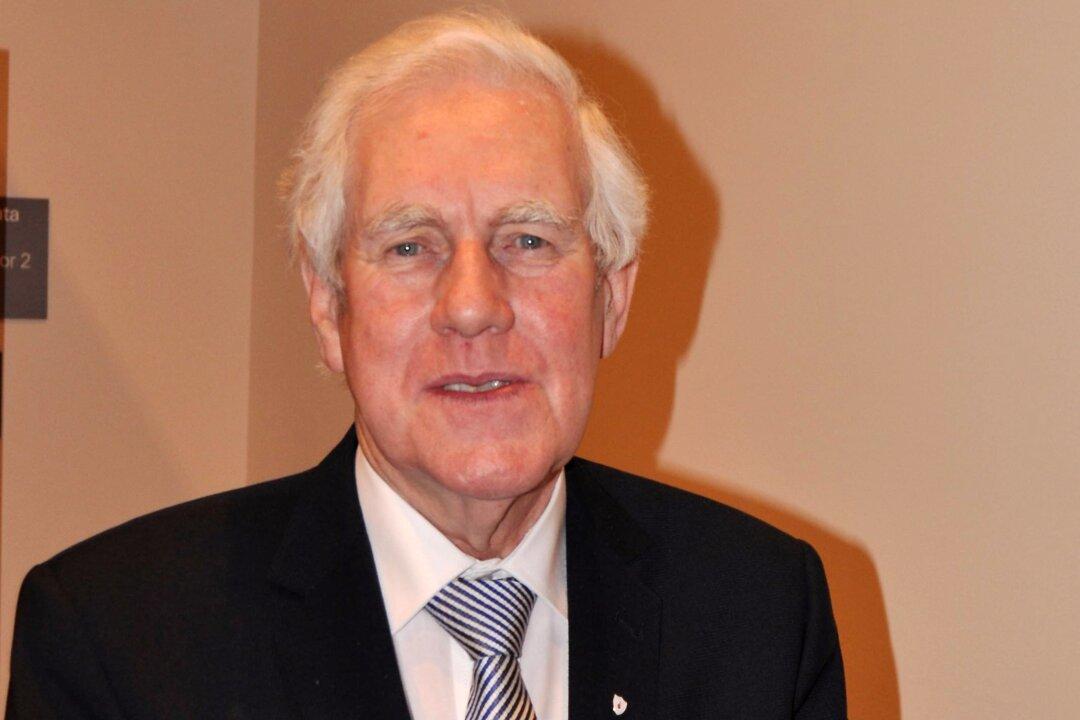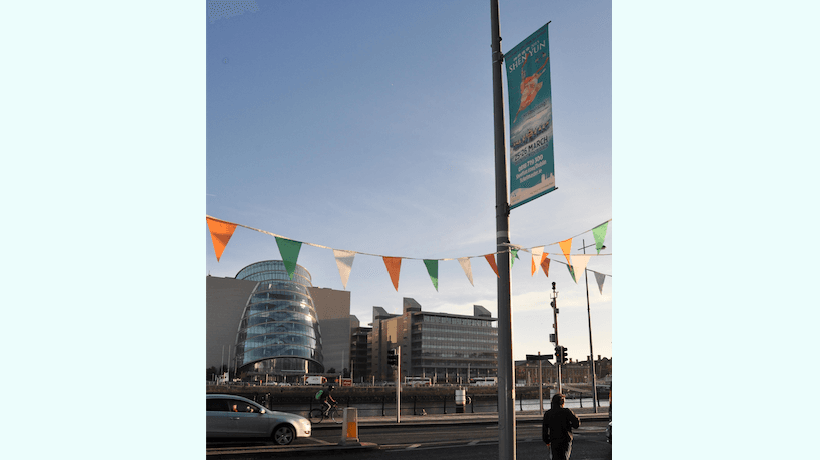If there’s one thing we Irish are good at, it’s telling a yarn. I recently caught up with Ross Whitaker, the documentary maker who won the Best Sports Programme award at the 10th Irish Film & Television Awards (IFTAs) for his film When Ali Came to Ireland.
“I think that you are really trying to tell the best and most honest story, you hope that it is going to stand alone,” says Whitaker. “The story exists, and I’m the vessel through which the story is told,” he says, swiftly apologising for making the process sound so philosophical.
“The great thing about documentary is that these things actually happened. What I want is the best-told version of that story,” he says. “We have all sat in a pub and had someone tell us a story: how good we perceive the story to be depends on who tells it. The story is what the story is, but you try to be the person who tells it as best as possible.”
Whitaker believes that a film cannot be made unless people are prepared to tell their story. “You have to love your characters, the people who are going to be in the film. They are also telling the story – they are giving something up to you to use in the film.”
The idea behind his own award-winning film originated when he saw Leon Gast’s Academy Award-winning documentary When We Were Kings back in the mid-90s.
“It was the first time that I had seen a documentary in the cinema,” says Whitaker. “It had such an amazing impact on everyone, and on me. I just thought ‘Wow, that’s something I would like to do, make a documentary about Muhammed Ali, but someone has already done it.’ Then I started to wonder, well, hold on, did he ever fight over here? Or was there an Irish connection?”
So long before Whitaker got into film making, he learned that Ali had indeed come to Ireland, and had fought at Croke Park. As he progressed more in his film-making career, it became more of a possibility that he might be able to do a film about the man who had dubbed himself “The Greatest”.
“It takes time to build up the contacts and ability to do such a project,” explains Whitaker.
About five years ago he decided turn his dream into reality. “It took a long time to convince anybody else that it was a good idea, but eventually I did,” he says.
He persuaded RTE to give him some money to make the film. “Normally a documentary like this costs over 100,000 [euro] but we actually made it for under 50,000, so it was very, very tight. We had to ask for a lot of deals from people.
“Yes it was an extremely low-budget project, but we didn’t want it to feel low budget when people watched it. We did our best to try and make the film look as good on the screen as we could. We tried not to skip on production values. I think we got away with it,” says Whitaker.
The IFTAs
Whitaker laughs now about the contrast between how difficult it was to fund the film, and the reaction to the finished product.
“It’s funny, because having made it for so little money and from working on the project for so long, and the initial rejections, we always felt that we were walking uphill—swimming against the tide, so to speak.” When the film then went to the IFTAs and won the gong for Best Sports Programme, it was quite a surprise for Whitaker and the crew.
“I remember Miriam O'Callaghan, who presented the award, saying ‘Well, that was no surprise!’ I just thought, ‘God, if it was so obvious that we were going to win in the end, it was a shame that it wasn’t so obvious to people when we were trying to get funding for it!” he says.
A final highlight for Ross was when Ali’s daughter saw the film at a screening in Chicago.
“It was kind of a nerve-wracking experience, to think that she was in the cinema watching the film while I was outside having a beer. When I came back in, she took the microphone, and said ‘I was smiling from the first frame to the last.’ It was a huge relief for me.”
http://capitalirishfilmfestival.org/when-ali-came-to-ireland/



